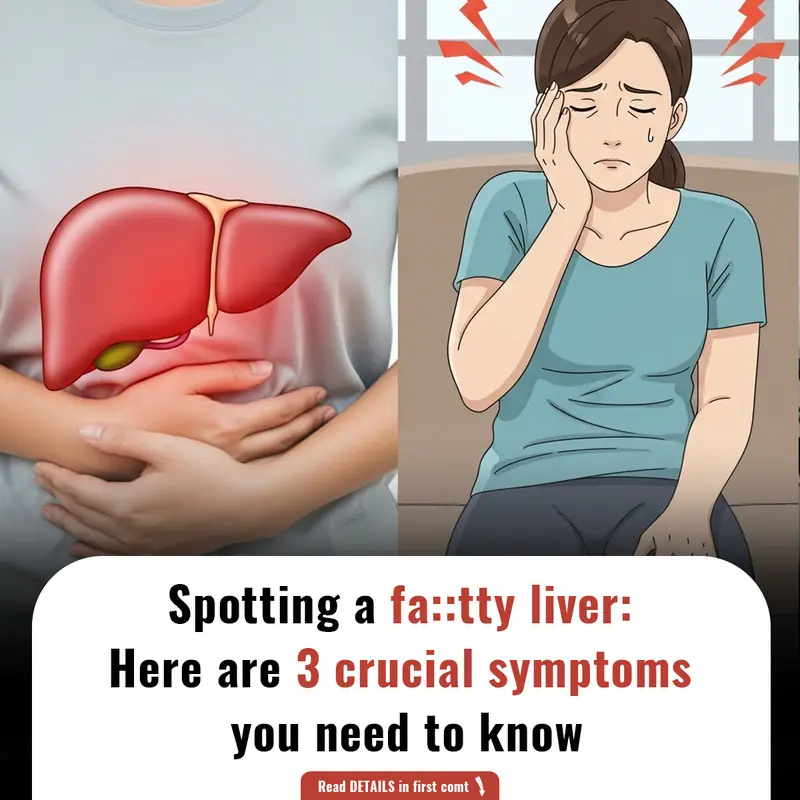Research indicates that certain controversial "unhealthy" foods may help prevent heart disease and Type 2 diabetes.
Has Everything We Thought We Knew Gone Awry?

For years, wellness influencers and nutrition experts have been warning us about a common kitchen staple, demonizing it as a toxic substance better suited for cleaning supplies than food preparation.
However, a new study — presented at the recent annual meeting of the American Society for Nutrition — has sown seeds of doubt about this long-standing belief. The research suggests that people with higher levels of linoleic acid may actually be at a lower risk of developing heart disease and Type 2 diabetes, thanks to reduced inflammation.
Linoleic acid is a key component found in seed oils, which are extracted from plant seeds such as sunflower, canola, and sesame. This new data challenges the widely held view that seed oils are inherently "bad" for our health.
“There has been growing concern over seed oils, with some claiming they increase inflammation and elevate cardiometabolic risks,” said Kevin C. Maki, adjunct professor at Indiana University’s School of Public Health in Bloomington.
“Our study, which involved nearly 1,900 participants, found that higher blood levels of linoleic acid were linked to lower biomarkers for cardiometabolic risk, including markers related to inflammation,” Maki explained.
While the findings align with previous research, the new study’s reliance on blood tests offers a more compelling argument than observational data alone.
“Previous studies have explored the relationship between linoleic acid and cardiometabolic risks, but our study used objective biomarkers instead of relying on diet records or food frequency questionnaires to estimate linoleic acid intake,” Maki continued.
“We also examined various markers of inflammation and glucose metabolism,” he added.
The results were consistent across the board, showing that individuals with higher levels of linoleic acid in their blood tended to exhibit a healthier risk profile for both heart disease and diabetes.
Health professionals are beginning to acknowledge that seed oils may not be as harmful as they’ve often been portrayed.
“Seed oils are objectively quite healthy because they generally have low levels of saturated fats,” explained Kerry Beeson, a nutritional therapist at Prep Kitchen.
“There are concerns about the omega-6 to omega-3 ratio in these oils, as they contain much higher levels of omega-6, which some have linked to inflammation. However, there’s no solid evidence that high omega-6 levels are directly associated with disease,” she clarified.
Still, given the widespread use of seed oils in processed foods and salad dressings, Beeson sees the merit in using alternatives in the kitchen.
“To maintain a balanced diet, aim to include a variety of healthy fats, avoid excessive processed foods, and don’t rely solely on seed oils for cooking. Incorporate oils like coconut and olive oil, and ensure you get plenty of omega-3 fatty acids from sources like oily fish, flaxseeds, chia seeds, and walnuts,” Beeson advised.






























